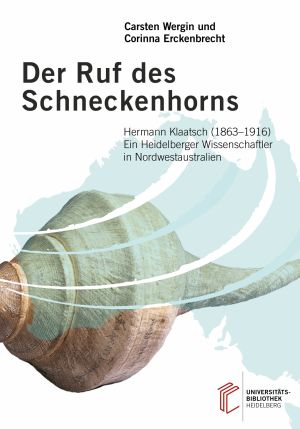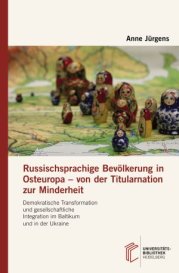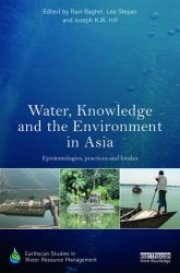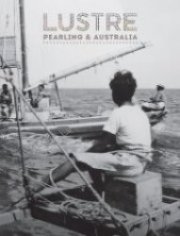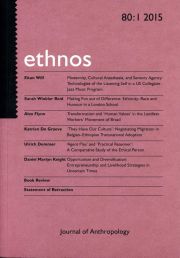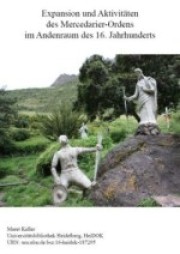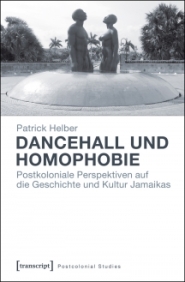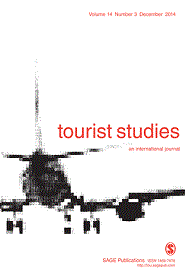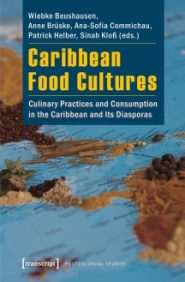Trans-European Diasporas: Migration, Minorities, and Diasporic Experience in East/Central Europe and the Eastern Mediterranean 500-1800
Kick-started by the seminal paper of William Safran entitled “Diasporas in Modern Societies: Myths of Homeland and Return” in the first issue of the Diaspora: A Journal of Transnational Studies (1991), in the last two decades the study of diasporas became a prominent academic field, especially in Anglo-Saxon scholarship, leading to the emergence of journals and even graduate programmes exploring this phenomenon from various disciplinary perspectives. The emphasis on the diasporas was rooted in post-colonial studies whose focus on centre and periphery gradually proved unsuited for the study of more complex forms of interactions and processes, such as those by which minority groups would establish themselves at the very heart of cultural and political life of the societies they resided in. Until recently, most of the work emerging in the field of diasporic studies has focused on contemporary diasporas and typically dealt with only one group. This contemporary bias has obscured the fact that many diasporic groups can be adequately understood only if their emergence is viewed in a “longue durée” perspective through a careful history of connections between the group’s (virtual) homeland and its host society. On the other hand, the focus on a single diasporic group makes generalisation difficult and prevents scholars from understanding the historical diversity of such trans-national experiences.
For these reasons, we propose to study diasporic groups in a comparative and distinctly historical, pre-modern perspectives in conjunction with the experiences of migration and minority status, and thus pursue a more historically-sensitive definition of a diaspora, one based on diversity of trans-national experience. Our project will focus on the diasporic communities between East/Central Europe on the one hand and the Eastern Mediterranean on the other—the two regions with strong historical connections that have nevertheless been obscured by the modern concepts of „east“ and „west“ as well as linguistic and disciplinary boundaries.
We will explore questions such as: how did (the same) diasporic groups (for instance Roman soldiers, Jewish or Morisco refugees, Venetian or Florentine merchant groups) interact with their host societies in such different places as Constantinople, Buda and Cairo? How did diasporic experience contribute to the processes of cultural mediation and exchange between the two regions under study? How did diasporic communities negotiate legal regimes and extra-territorial rights in various East/Central European and Eastern Mediterranean contexts? Did the trade routes match the identifiable lines of communication among and within diasporic communities, as well as between them and the homeland or host society? How did different local concepts of identity and belonging inform the trans-regional diasporic experience of communities under study?
Based on these questions, we outlined four research areas that would also serve as the foci of four workshops we plan to organize in the next two years:
- Migration of Knowledge through Traveller, Scholarly and Diplomatic Diasporas
- Trading Diasporas’ Role in Trade and Diplomacy
- Problematizing Religious and Ethnic Identities in the Processes of Expulsion and Diaspora Formation
- Military Diasporas and Diasporic Regimes
These four research areas will all be mindful of the following four thematic/ analytical axes based on types of sources (preferably all at the same time, if possible):
- Textual and Linguistic Interactions of particular interest in this context will be textual and manuscript production, particular attention will be given to linguistically hybrid and aljamiado sources
- Exchanges in the Realm of Material Culture particular attention will be devoted to epigraphic (graves' inscriptions, indications of patronage connections on buildings, etc.), archaeological (grave goods, ruins of settlements) and architectural evidence (ghettos, fondacos)
- Visual Traces of Diasporic Life and Identity especially imagery of diasporic narratives of separation, exclusion, and inclusion as evident in visual (art historical) sources
- Situating Diasporas: Networks and Historical Geography spatial aspects of communication within and between diasporic groups, as well as between diasporic communities and their virtual or real homeland and the host society
In addition to the workshops, the project will entail collaboration on a web-based research database on pre-modern diasporas in East/Central Europe and Eastern Mediterranean, providing primary and secondary sources as well as virtual meeting places and collaborative writing tools both for the involved researchers and for the broader international academic community. This database would not only facilitate the work of researchers involved in the present cooperation but create the nucleus for an online community interested in the topic of medieval and early modern diasporas in the Eastern Mediterranean and East/Central Europe. The work on the creation of this database has already begun in cooperation between Universität Heidelberg and University of Toronto (http://lokih.zaw.uni-heidelberg.de/web/), while cooperation with CEU is meant to add further features and expand geographic coverage. The system and structure of database could also be used by knowledge communities in other fields, i.e. detached from ist current contents or data.
Members
Prof. Niels Gaul, Prof. Gerhard Jaritz, Prof. Dr. Andrea Jördens, Prof. Dr. Birgit Klein, Prof. Tjana Krstic, Prof. Katalin Szende, Prof. Carsten Wilke, Dr. Stefan Burkhardt, Dr. des. Georg Christ, Dr. Julia Dücker, Dr. Jörg Peltzer, Dr. Patrick Sänger, Dr. Dagmar Schlüter, Teresa Sartore, Lajos Berkes, Tobias Graf, Luka Špoljarić, Tamás Kiss, Roman Shlyakhtin, Veronika Csikos, Irina Savinetskaya, Darko Karacic, Cristian-Nicolae Daniel, Dora Merai, Ünige Bencze, Kyra Lyubyanovics, Christopher Mielke, Krisztina Arany, Mircea Dulus.



